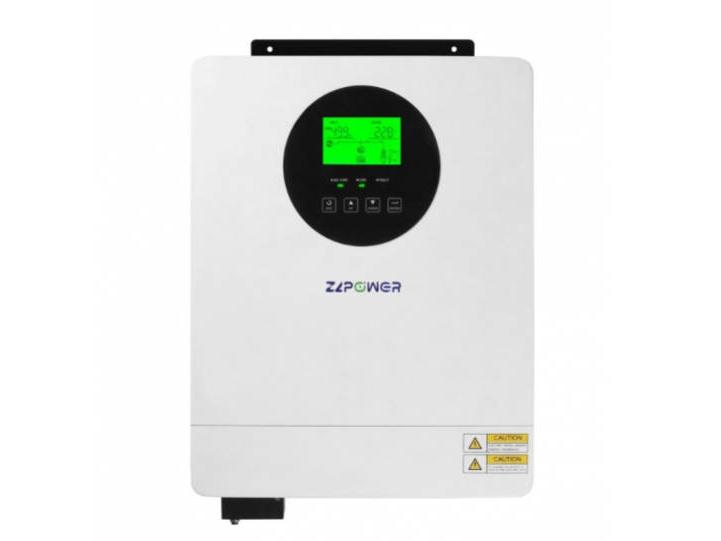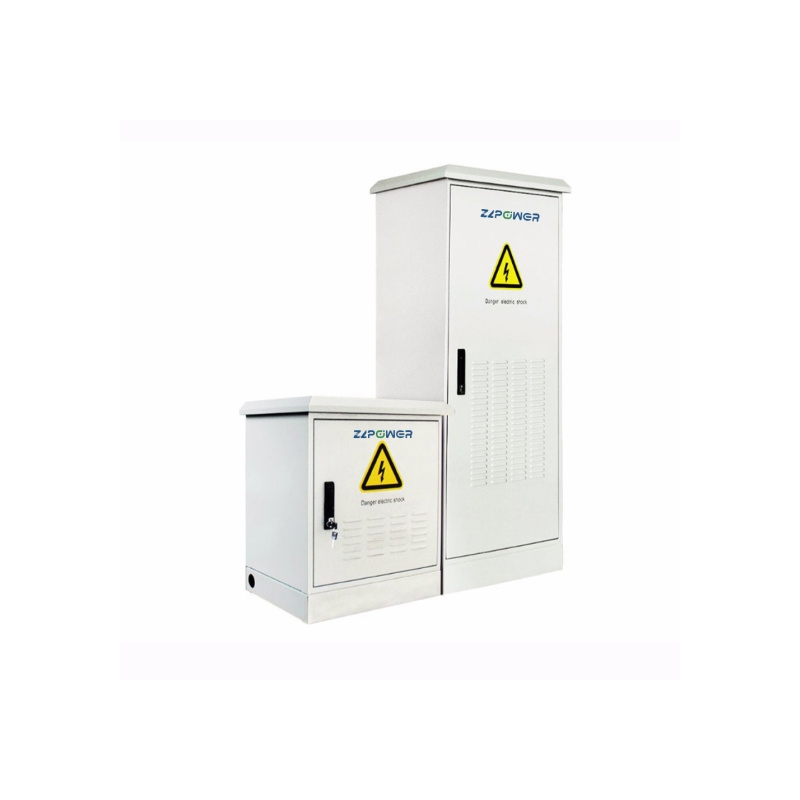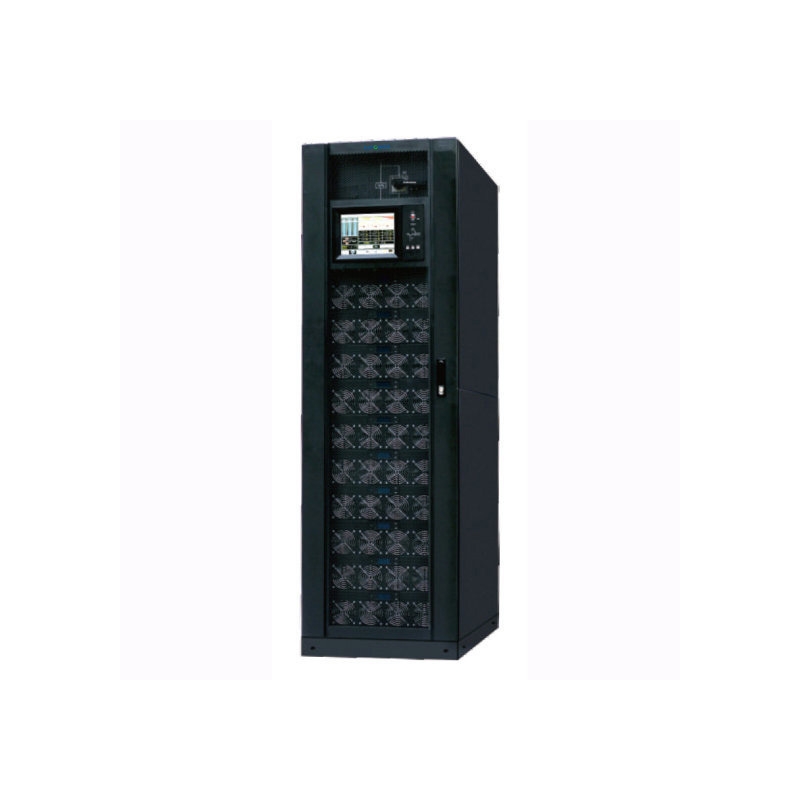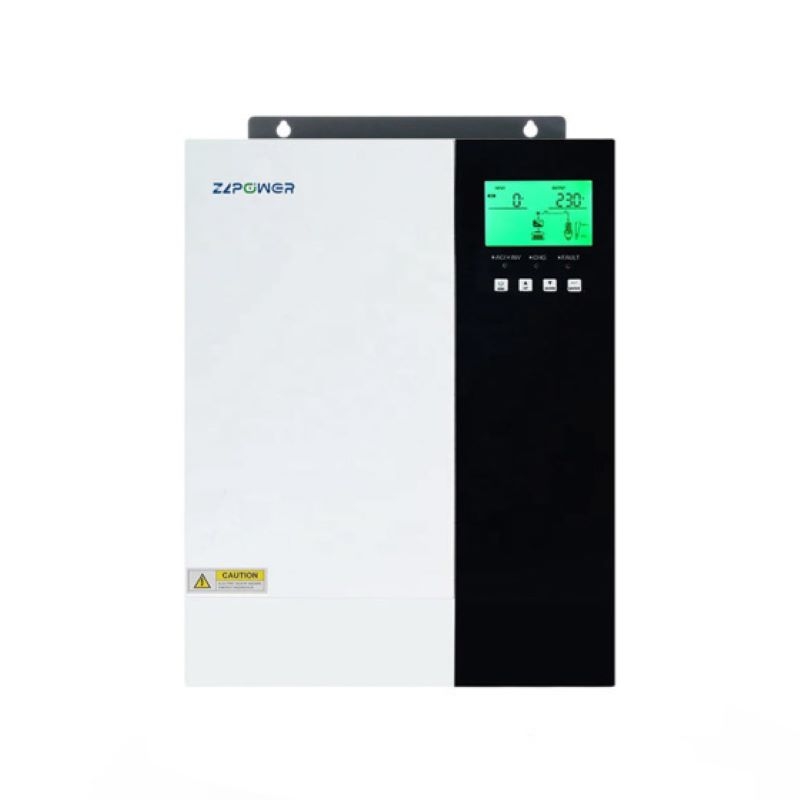
An inverter is a gadget that changes direct current (DC) into alternating current (AC). This switch is crucial for running devices that need AC power when you only have a DC source, like a battery or solar panel. Take the HDX Plus Series Off-Grid Solar Inverter, for example. It converts DC to AC and has a built-in system to switch from line power to battery. It also charges the battery. This inverter pulls energy from both AC and DC sources. It smoothly turns battery power into AC for your devices.
You’ll find inverters in all sorts of places. They’re used in solar setups, backup power systems, and portable power kits. Inverters come in different types, like pure sine wave and modified sine wave models. Pure sine wave ones, such as the LW Series 500W-1000W Mini Solar Power Inverters, give steady power for delicate electronics. They cut down on noise and keep surges in check. These are great for wind turbines, solar panels, cars, emergency systems, and more.
Inverters are super flexible. They can power both inductive and conductive loads. For instance, the GS 8kW-12kW Hybrid Solar Inverter runs everyday stuff like TVs and laptops. It also handles heavier loads, like fridges, air conditioners, motors, pumps, and even laser printers.

A UPS, short for Uninterruptible Power Supply, is a device that keeps things running during power outages or voltage dips. Its main job is to supply backup power right away when the main electricity cuts out. This keeps your equipment going without a hitch. For example, the RA Series 6KVA-10KVA Outdoor Online UPS from ZLPOWER provides clean, steady AC power. It’s perfect for outdoor communication gear or network systems.
UPS devices come with smart features. They guard against high voltage, overloads, and other electrical issues. They use advanced tech, like MCU microprocessors, for long-lasting performance. They also protect against lightning, surges, and short circuits.
UPS systems shine in places where power must stay consistent. Think offices, hospitals, data centers, or even homes. They keep sensitive gear, like computers and medical equipment, safe.

Both UPS and inverters give you backup power when the lights go out. But they’re built differently and do different things.
|
Feature |
UPS |
Inverter |
|
Primary Purpose |
Provides immediate backup power during interruptions and protects against voltage fluctuations. |
Converts DC into AC for powering devices when no direct AC source is available. |
|
Switching Time |
Almost instantaneous (a few milliseconds), ensuring uninterrupted operation. |
Longer switching time, as it converts stored DC energy into AC. |
|
Power Supply Consistency |
Delivers seamless electricity flow without delay or disruption. |
May experience slight delays during transition to battery mode. |
|
Applications |
Ideal for environments requiring constant electricity (e.g., hospitals, IT facilities). |
Suits residential settings where occasional delays are acceptable. |
|
Complexity of Design |
Incorporates surge protection and voltage regulation. |
Focuses on efficient DC-to-AC conversion, typically without additional protective mechanisms. |
|
Cost Considerations |
More expensive due to advanced features and faster response times. |
More affordable for basic backup needs. |
Both have their place, depending on what you need. Understanding their differences helps you pick the right one for your power needs.
Picking between a UPS and an inverter depends on what you need for backup power. A UPS is your go-to when uninterrupted power is a must. Think offices, hospitals, or data centers. For instance, the RA Series 6KVA-10KVA Outdoor Online UPS from ZLPOWER delivers clean AC power with no breaks. It’s great for outdoor network or communication gear. It keeps devices running during outages without missing a beat.
Inverters, on the other hand, are better for homes or less critical setups. A short delay in power isn’t a big deal here. Inverters like the HDX Plus Series Off-Grid Solar Inverter turn battery power into AC for your devices. They’re handy for running things like lights, fans, or fridges.
It also depends on how complex your needs are. If you want extras like surge protection or voltage control, a UPS is the way to go. But if you just need to convert DC to AC for basic backup, an inverter does the job. For example, the LW Pure Sine Wave Inverter Charger series offers steady low-frequency performance. Its transformer-based design works for various uses.

For homes, inverters are usually more affordable and practical. They give enough backup power for key appliances without fancy features. The HDP 1000VA-2200VA Power Charger Inverter from ZLPOWER is a simple, budget-friendly choice. It’s made for TVs, lights, laptops, and other home devices. Its user-friendly setup makes it ideal for households.
In businesses, downtime can cause big problems or losses. A UPS is often the smarter pick. UPS systems like the RA Series have strong anti-jamming features. They protect against lightning and surges. These are key for keeping sensitive equipment, like servers or medical devices, safe.
The size of your operation matters too. Small businesses with basic power needs might like hybrid solar inverters. The GS 8kW-12kW Hybrid Solar Inverter from ZLPOWER handles both inductive and conductive loads. It works for things like computers and air conditioners.
Bigger companies with complex setups should go for high-capacity UPS units. These keep things running during outages and protect against electrical problems.

If you’ve got an inverter at home or work, you might still want a UPS. It depends on what you need. Inverters provide backup by turning DC into AC. But they don’t switch instantly or offer advanced protection.
For critical setups, like IT servers or medical gear, a UPS is a must. It gives uninterrupted power with no delay, even if you have an inverter. UPS systems like the RA Series use smart tech for lasting reliability. They protect against high voltage and overloads.
In places with frequent power swings or sensitive equipment, using both can be smart. The inverter covers basic backup needs. The UPS handles smooth transitions and guards against electrical issues.
Some hybrid inverters, though, have UPS-like features built in. If yours does, you might not need a separate UPS. For example, the HD Plus Series Off-Grid Hybrid Inverter from ZLPOWER has enhanced AC chargers and solar controllers up to 40A. These charge efficiently and prevent overcharging or overloads.
In the end, check what your current setup can do and what you need. That’ll tell you if you need a separate UPS.
A: Yes, but it depends on the type. Pure sine wave inverters, like the LW Series 500W-1000W Mini Solar Power Inverters, are safe for delicate devices. They reduce noise and control surges. Modified sine wave inverters might not be as reliable for sensitive gear.
A: Yes! UPS units, like the RA Series, guard against high voltage, overloads, and short circuits. They use smart tech, like MCU microprocessors, for reliability. They’re also great at handling lightning strikes and surges.
A: Usually, yes. Inverters are more budget-friendly for basic backup power. UPS systems cost more because they offer instant switching and extra features like surge protection. For example, the HDP 1000VA-2200VA Power Charger Inverter is an affordable home option.